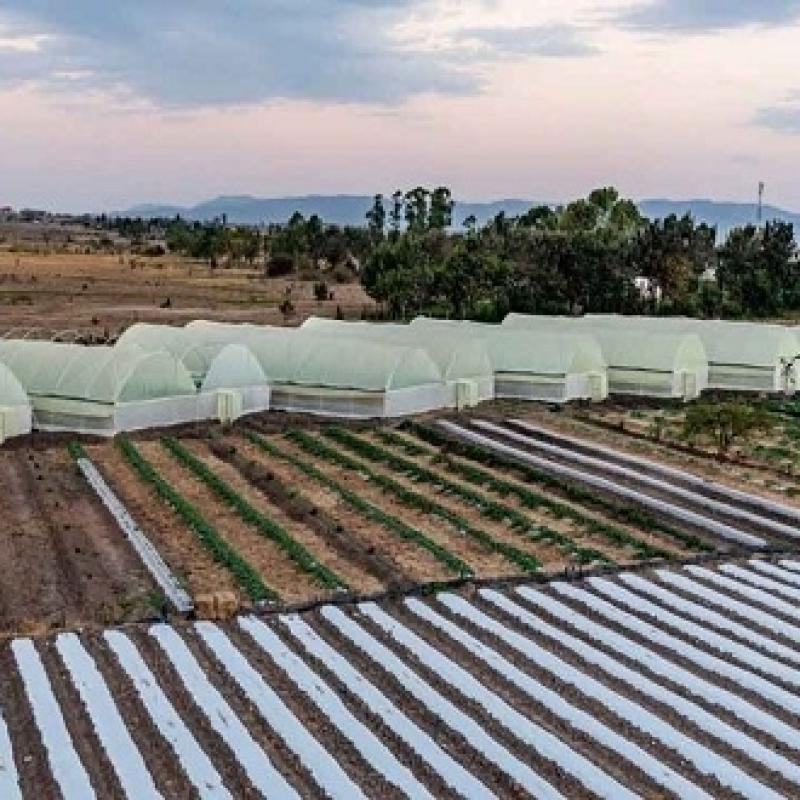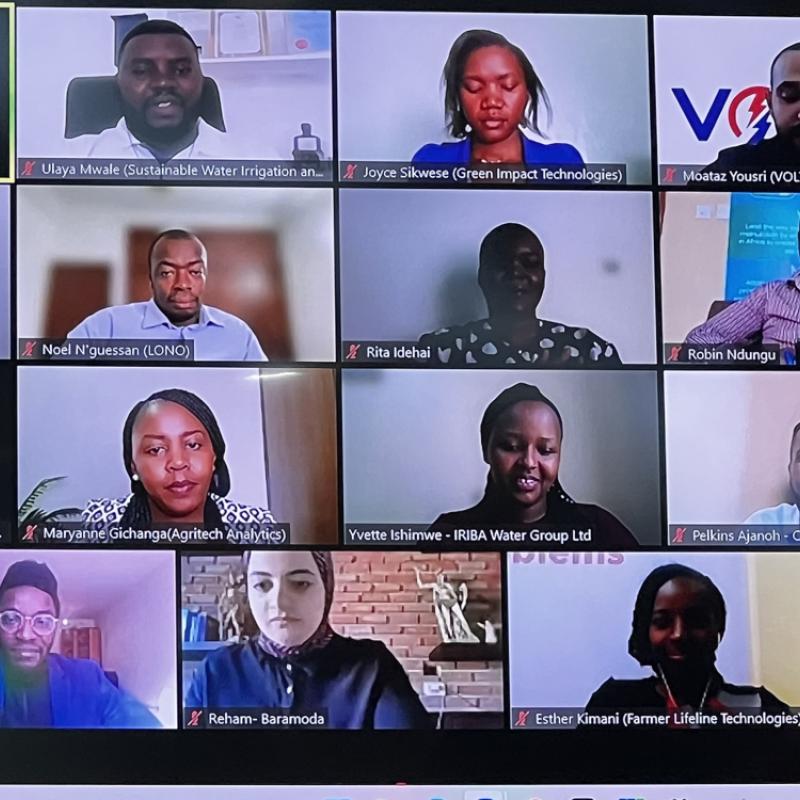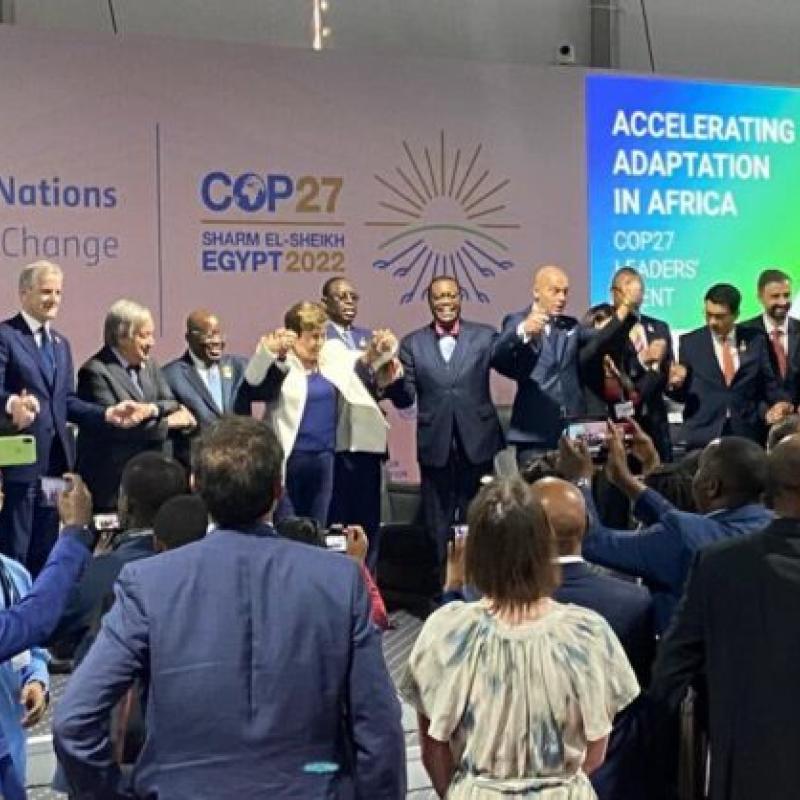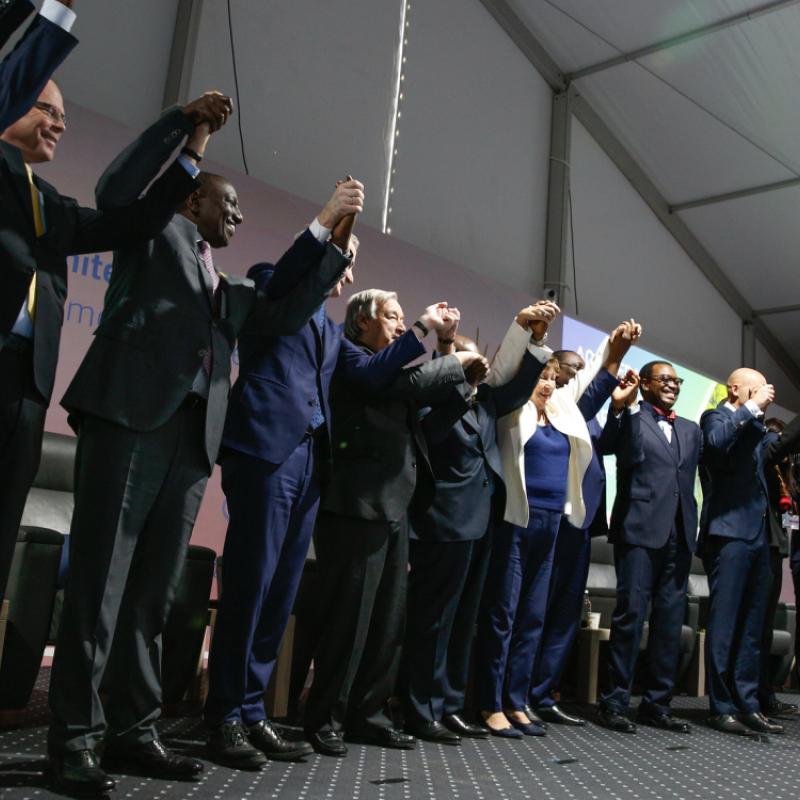Image

AAAP in the Media
Displaying 1 - 4 of 4
Programme Showcases African youths driving climate novelty
Source:The Guardian
20 young African entrepreneurs bag $100,000 each to boost their climate adaptation businesses
Source:UN Africa Renewal
COP27: UK triples its pledges for Africa’s climate adaptation projects
Source:The africa report



